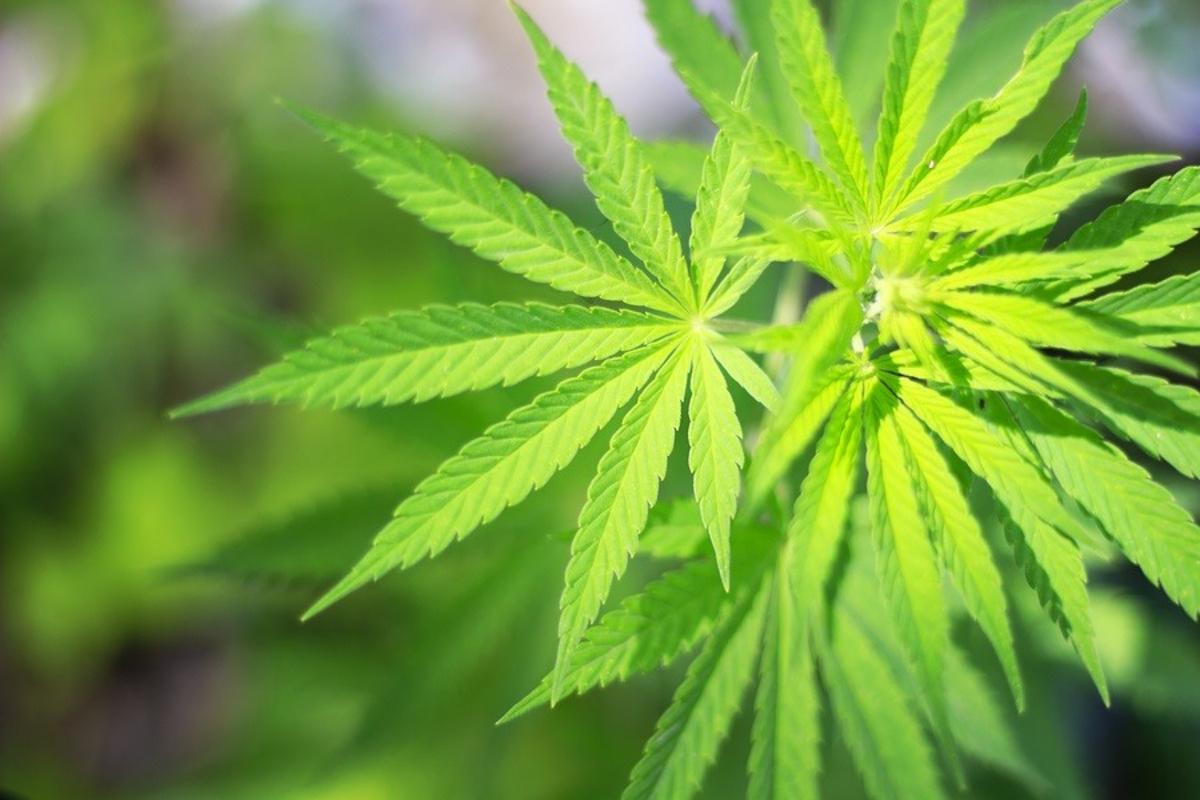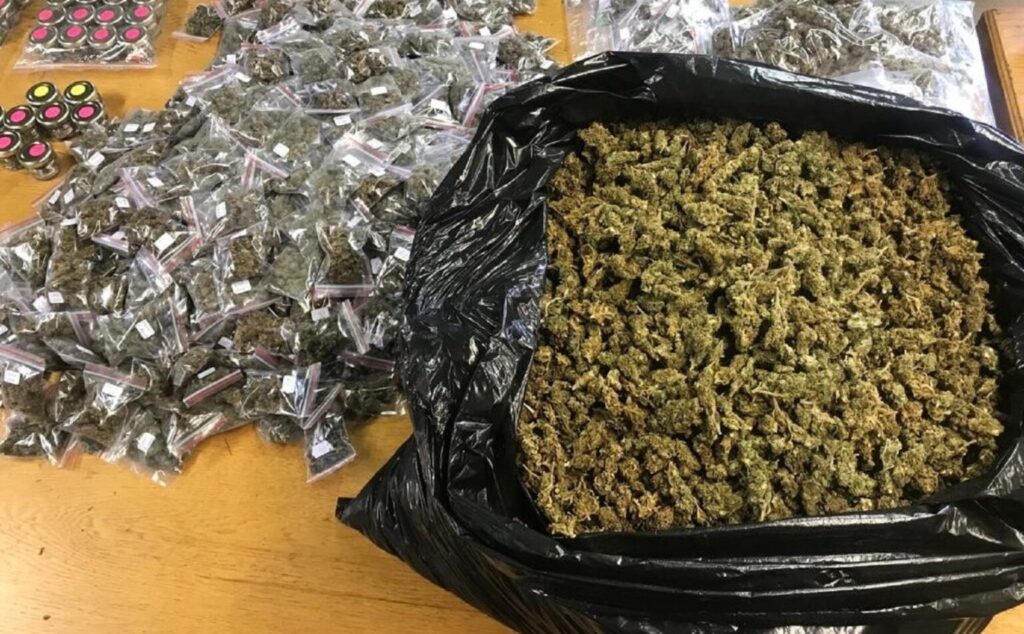
However, laws prohibiting consumption outside the home, and the purchase and sale of cannabis, remain in place.

The South African Constitutional Court decriminalised cannabis for private consumption by adults in South Africa in 2018.
However, laws prohibiting consumption outside the home, and the purchase and sale of cannabis, remain in place.
The current legislation lends itself to ambiguity around policing of the cannabis trade and the legalities around purchasing cannabis for private use.
Last month, the Cannabis for Private Purposes Bill was opened for public comments around the amendments of the bill that seek to broaden its scope to legalise the commercialisation of hemp and the use and production of cannabis.
Dr Simangele Mavundla, who did a study on cannabis decriminalisation in 2019, said that before the cannabis ban was lifted in 2018, advocates pressured the government to amend laws that first restricted cannabis in 1922, to allow exemptions for medical purposes, religious practices and other uses.
READ MORE Weed clinics abound in KZN
In a case brought by Gareth Prince, Jeremy Acton and Jonathan Rubin in the Western Cape High Court in March 2017, Judge Dennis Davis ruled that any law prohibiting the consumption and cultivation of cannabis by an adult in a private dwelling was unconstitutional and therefore invalid, as such interference with the constitutional right to privacy could not be justified.
Courts ruling
The court also ruled that, in the meantime, criminal prosecutions for violations of the laws in question should be suspended.
In this case, the court ruled that it was against the South African Constitution to forbid adults from using cannabis in the privacy of their own homes and invalidated the laws in question as a result. The Constitutional Court upheld the high court’s decision in 2018, saying, among other things, that “the right to privacy entitles an adult person to use, cultivate, or possess cannabis in private for his or her personal use,” said Mavundla.
Following the announcement of the decision on the matter, a full panel of judges convened at the Constitutional Court in Johannesburg on September 18, 2018, where Chief Justice Raymond Zondo read out the decision, which he described as unanimous.
His ruling stated:
*An adult person may consume or have in their possession cannabis for their personal consumption in private.
*The consumption, including smoking, of cannabis in public or in the presence of children or non-consenting adults, isn’t permitted.
*The consumption or possession of cannabis in private, except by an adult for their personal consumption, isn’t allowed.
*The cultivation of cannabis by an adult in a private place for their personal consumption is no longer punishable.
The judge didn’t set limits on the quantities that adults may carry, consume or cultivate, and said that it would be up to Parliament to decide once a bill is drafted that incorporates these recommended changes.
The government was given 24 months to implement the findings of the landmark ruling.
2020 bill on Cannabis
The 2020 bill on cannabis for personal use, does, however, impose some restrictions on the personal cultivation, possession, transfer and use of cannabis by adults and in private settings.
It provides for the public possession and gifting (without consideration) of cannabis plants, seeds/seedlings and dried flowers or their equivalents. It also specifies what quantities are considered trafficable and commercial offences are punishable by fines and/or imprisonment of up to six and 15 years, respectively.
The law has yet to be passed and signed by Parliament. The Portfolio Committee on Justice and Correctional Services has opened the proposed amendments to the Cannabis for Private Purposes Bill for public comment.
ALSO READ | Weed clinics abound in KZN
The update on the bill stemmed from the 2017 decision finding several sections of the Drugs Act and Drug Trafficking Act to be unconstitutional.
This led to changes being made to the cannabis-related legislation. In a 2018 decision, the Constitutional Court concurred.
Aims of the bill
The new bill aims to close gaps and murky areas in the cannabis-related laws that are currently in place. For example, the definition of a “private space” is ambiguous, within which the current laws permit the use of cannabis.
This has caused uncertainty about whether places like homes and cars qualify as private and therefore permit the use and cultivation of cannabis.
According to the text of the bill, its goals include providing greater details regarding the amount of cannabis allowed in one’s possession, as well as details on the cultivation and use.
It also aims to allow for commercial cannabis activities, the erasure of certain provisions from current law, and the expungement of criminal records of those found guilty of cannabis possession, use or dealing on the basis of a presumption.
On May 24, the portfolio committee on justice and correctional services concluded two days of public hearings on amendments to the Cannabis for Private Purposes Bill, after it broadened the scope of the bill.
Committee chairperson Bulelani Magwanishe said the proposed amendments seek to broaden the scope of the bill to include provisions relating to the commercialisation of hemp.
The committee heard from several stakeholders, including Afristar, Fields of Green for All, Doctors for Life, the Cannabis Action Group, the Marijuana Board, Cosatu, the Cannabis Trade Association and the Rastafi National Council of South Africa.
Concerns about continued arrests for procession of cannabis were raised by several presenters, who called for an immediate moratorium on such arrests.
“Many argued that the original purpose of the bill was to deal with private use only, not industrial or commercial purposes. Some presenters claimed there is no such thing as ‘hemp’, only cannabis used for industrial purposes or industrial cannabis,” said Magwanishe.
___
Source here
